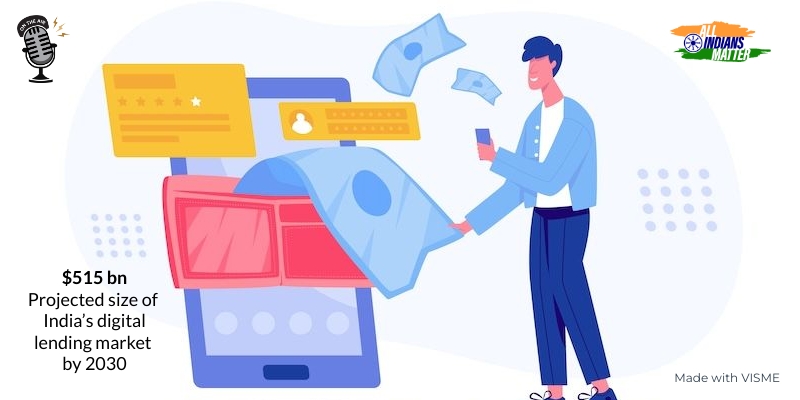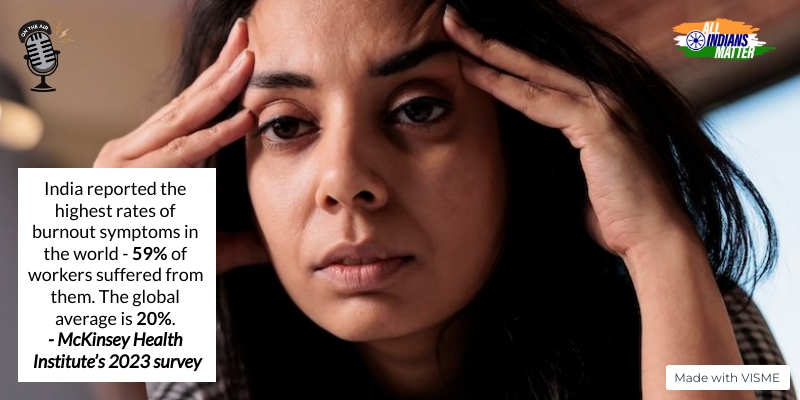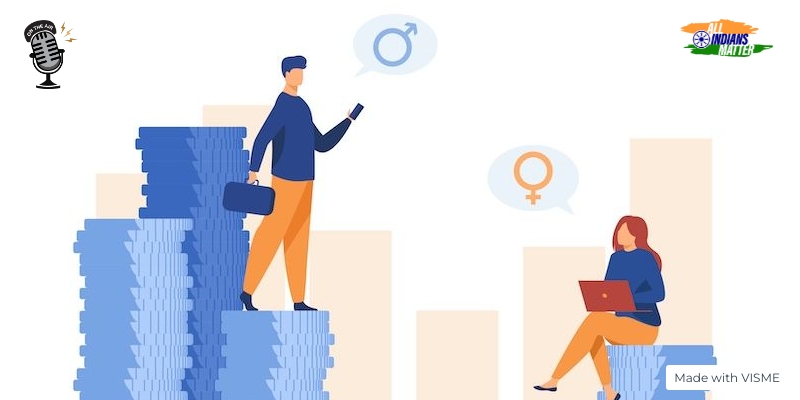Ashraf Engineer
July 9, 2022
EPISODE TRANSCRIPT
Audio clip
Hello and welcome to All Indians Matter. I am Ashraf Engineer.
From July 1, India banned single-use plastic, prohibiting its manufacture, import, storage, distribution, sale and also the use of single-use plastic products that have low utility and high littering potential. Plastic debris is all around us, littering the roadsides, bobbing on our water bodies and choking our drains. India is the world’s third-largest producer of plastic waste, behind only the US and China. So, what does this ban mean for you and how effective can it be?
SIGNATURE TUNE
Only a fraction of the plastic we produce is recycled. Most of it is single-use, winding up in landfills, lakes, rivers and seas. Some of it is burned, further degrading the poor quality of the air we breathe. Single-use plastic, as the name suggests, is used just once and then thrown away but it can take hundreds of years to decompose. The United Nations estimates that, by 2050, the world will have 12 billion tons of plastic waste. India generates an alarming 3.5 million tons of plastic waste a year.
The Indian government’s ban on single-use plastic is based on three parameters:
- High littering potential, which means that the products are used briefly and then disposed of.
- Low utility, which refers to the least amount of usage after their first use. Think plastic wrapping, which is not usually reused or recycled.
- The availability of alternatives. Can other materials be used to make those same products? For example, carry bags can be made from paper and we can have wooden cutlery instead of the plastic variety.
Environmentalists have suggested a three-pronged strategy to deal with this waste. First, all plastic should be collected for disposal. Second, it must be recycled or incinerated safely but not allowed to reach dumping grounds or water bodies. Third, the reuse or disposal must be environmentally friendly and not create more pollution. But the most sensible approach would be to completely eliminate from use those products that are difficult to collect or recycle.
The list of banned items includes balloon sticks, flags, straws and the like. It includes also plastic cutlery. But some environmentalists say the list is inadequate, leaving out multi-layered packaging – the wrapping used for fast-moving consumer goods like shampoos and potato chips.
The government countered that all packaging material has been included and that companies that use this material must take it back and reprocess it. Annual targets have been fixed for this collection. The environment ministry has also said that, by 2026-2027, manufacturers will have to recycle 100% of their plastic packaging.
This sounds good but environmentalists point out that there are problems with the list of banned items. Companies have to declare themselves how much plastic material they use or the waste they generate. There is no mechanism to assess the accuracy of this self-declaration. This makes the targets pretty much meaningless. Also, companies must recycle or reprocess the material they collect only by 2024. So, what happens to the plastic waste being collected now?
Meanwhile, the industry doesn’t seem to be ready for the ban. The Confederation of All India Traders asked Union Environment Minister Bhupender Yadav to push the ban by a year and to constitute a joint committee of senior government officials and stakeholders to suggest alternatives to single-use plastic.
Plastic manufacturers also say the government did not give them enough time for the transition and that thousands of jobs would be lost by the ban. President of the All India Plastic Manufacturers’ Association Kishore Sampat was quoted in the media as saying: “For so many units to change their product, their machinery, their manpower and adapt to newer technologies is a very big task that cannot happen in a year.” The ban is likely to impact more than 80,000 companies making single-use plastic products and lead to billions of dollars in losses, he said.
Single-use plastic has emerged as anhuge industry, employing lakhs and having an annual turnover of more than Rs 60,000 crore. Banks and other financial institutions have stakes in the industry and a complete ban would hurt the working of even small traders. The confederation said 98% of single-use plastic is consumed by MNCs, corporate manufacturers, e-commerce firms, warehouses and other production units. The traders merely sell the goods in whatever packaging they receive the products. Unless the manufacturers are compelled to shun single-use plastic in production and packaging, the ban will not serve its purpose.
Union Environment Minister Bhupender Yadav said that control rooms would be set up to monitor and ensure the enforcement of the ban. Directions have been issued at the national, state and local levels to stop supply of raw materials for single-use plastic items and those found violating the ban would be penalised under the Environment Protection Act (1986), which allows for imprisonment up to five years, a penalty of up to Rs 1 lakh or both.
Violators can also be asked to pay compensation. There are also civic regulations on plastic waste, with local penal codes.
The ban is a progression of steps taken earlier to control plastic pollution. Last year, India banned plastic carry bags with a thickness of less than 75 microns, but other plastic bags continue to be in use.
Now, the focus shifts to enforcement. Such bans are essential but take years of sustained effort to have an impact. Monitoring will have to be intensive because, while single-use plastic manufacturers shut, unlicensed ones may emerge. So, those companies that consume the most plastic will need to rework their supply chains so that they can shift to alternatives quickly.
However, the success of the ban will depend on awareness and advocacy. And, ultimately, it boils down to you, the consumer. Without you pitching in, without you shunning single-use plastic and looking for alternatives, the ban will remain on paper only.
I want to know what you think of the ban on single-use plastic and what you are doing to help preserve the environment. Let me know at editor@www.allindiansmatter.in.
Thank you all for listening. Please visit allindiansmatter.in for more columns and audio podcasts. You can follow me on Twitter at @AshrafEngineer and @AllIndiansCount. Search for the All Indians Matter page on Facebook. On Instagram, the handle is @AllIndiansMatter. Email me at editor@www.allindiansmatter.in. Catch you again soon.






